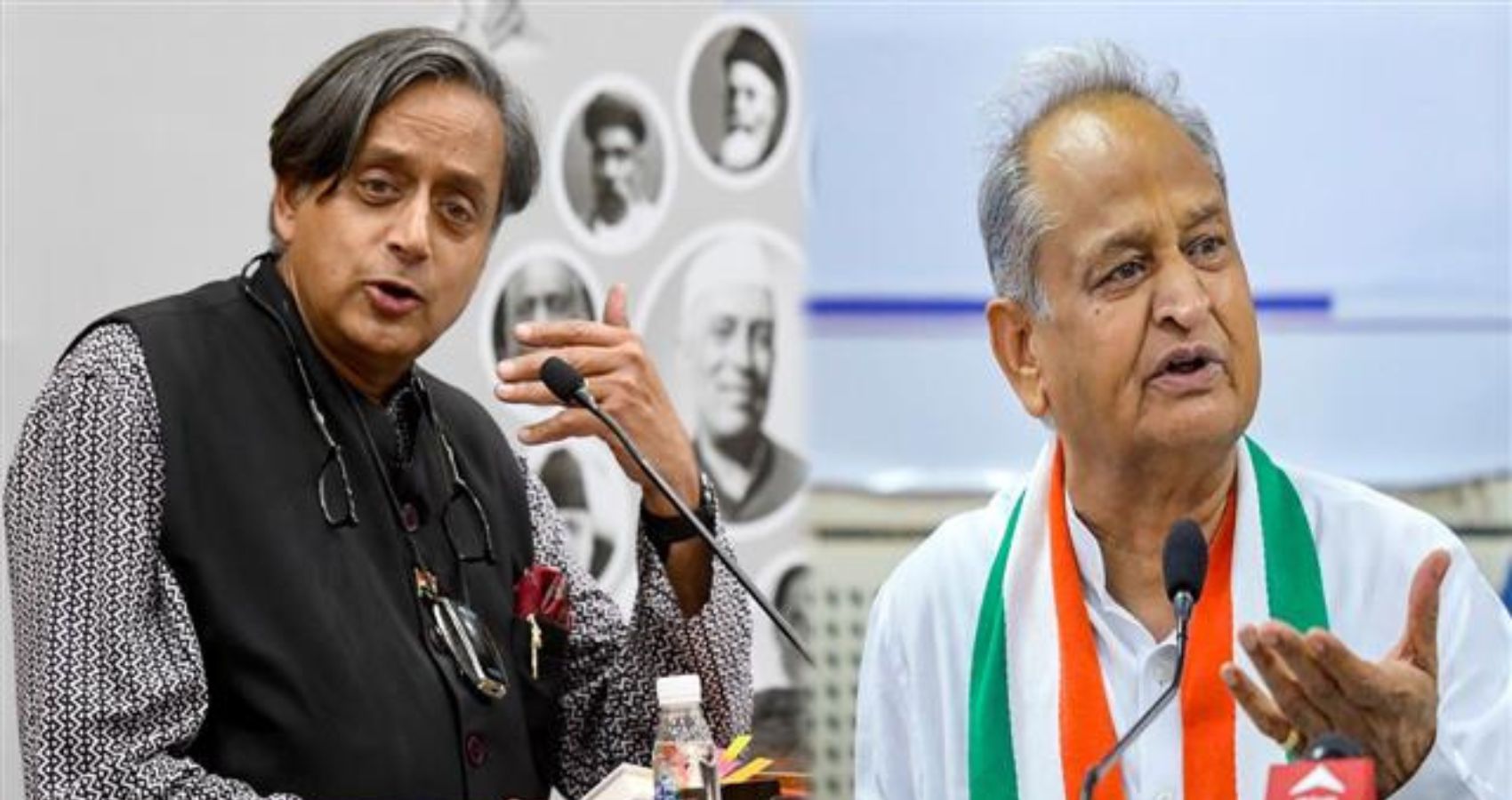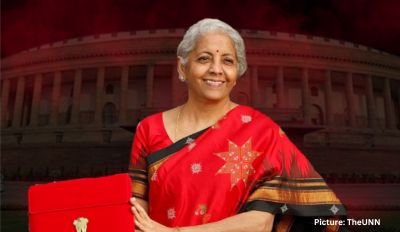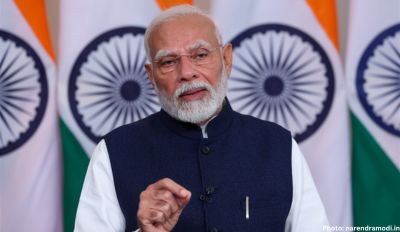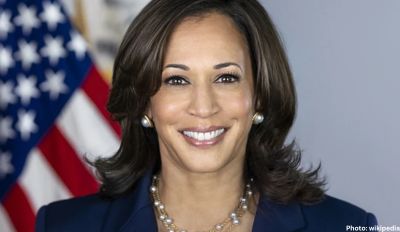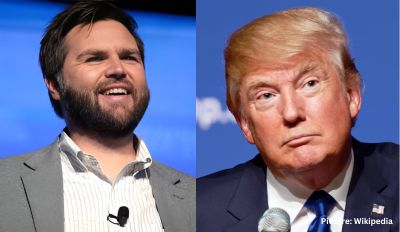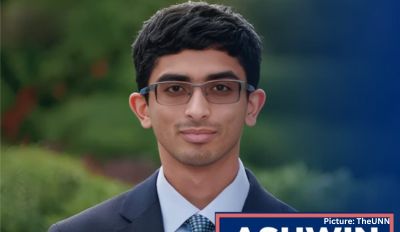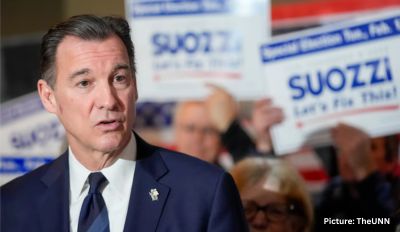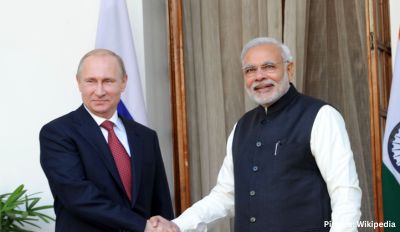By, A. J. Philip
The Indian National Congress (INC) was founded by Allan Octavian Hume, a British civil servant. He was a great ornithologist, who had the single largest collection of Indian bird specimens. He was posted at Etawah, now in Uttar Pradesh, when the first war of independence in 1857, also called Sepoy Mutiny, happened. Though the revolt was brutally dealt with, he knew that violence of the kind could erupt any time and the British would not be able to control it.
Though he held senior positions in the government, he believed that the British could not stay in India for long and they should, therefore, be ready to transfer power to the Indian people. It was also true that India did not have enough academically qualified people who could be administrators. The setting up of the universities of Calcutta, Bombay and Madras in 1857 marked a turning point in the history of India.
That the 1857 mutineers were clueless people could be gauged from the fact that they chose a “poet” as the emperor. They were inspired more by religion than by nationalism. Hume understood the situation much better than the mutineers, who promised that they would reintroduce sati and would keep the lower castes in their old, pre-British position.
Higher education, the resultant sense of nationalism and the rise of the middle class marked a new beginning. It was during this time that Hume, who had earned the displeasure of the British, thought of taking the lead to form a political organisation that would help solve the problems of the people vis-a-vis the administration. In 1883, he wrote a letter to the graduates of the University of Calcutta in which he said, “If only fifty men, good and true, can be found to join as founders, the thing (Congress) can be established and the further development will be comparatively easy.…
“And if even the leaders of thought are all either such poor creatures, or so selfishly wedded to personal concerns that they dare not strike a blow for their country’s sake, then justly and rightly are they kept down and trampled on, for they deserve nothing better. Every nation secures precisely as good a government as it merits”. Until then, nobody had given such a clarion call.
Two years after Hume wrote this letter, the Indian National Congress was founded with Womesh Chandra Bonnerjee, a co-founder, as the first president at its session held in Bombay. The president of the Congress did not enjoy any administrative powers but it became the most coveted position for an Indian. Before and after Independence, the persons who held this post were undoubtedly some of the greatest leaders India produced.
There were Christians, Muslims, Hindus of all castes, Parsis and atheists who held this post, many of them with distinction. Mahatma Gandhi held this post only once, though no one exercised greater control of the organisation than him. The Congress was not just a political party. It represented the aspirations of the people. Even after Independence, the post of Congress president was far more prestigious than a Cabinet Minister’s or Governor’s post.
Elections used to be held regularly in the party and the presidentship was, initially, for just one year. Politically, the post was on a par with that of the Prime Minister. K. Kamaraj wielded considerable influence as Congress president, though he did not know a word of Hindi. S. Nijalingappa was another president who did not consider himself lower than the Prime Minister.
With the loss of power at the Centre and in most states, the Congress is no longer what it used to be. In the last Assembly elections in UP, the party could win only two seats. The Muslims began deserting the Congress when the party prevaricated on the issue of Babri Masjid. The Brahmins began to shift to the BJP. The Yadavs had their own party and the Scheduled Castes found their leader in the late Kanshi Ram and Mayawati. The Congress was left with some Nehru loyalists in Amethi and Rae Bareli. Now, they, too, have disappeared forcing Rahul Gandhi to cross the Vindhyas to get votes and win a seat in Parliament.
The rise of regional parties in states like Tamil Nadu, Andhra Pradesh, Telangana, Maharashtra, West Bengal, Odisha and many Northeastern states has further damaged the Congress. All this while, the BJP has been growing from a party with just two seats in the Lok Sabha in 1984 to its pre-eminent position today thanks to the systematic exploitation of divisive issues which have little to do with the common man’s bread and butter needs.
The RSS, founded in 1925, has been working at the grassroots level moulding public opinion that finds reflection in crude anti-minority rhetoric. It also helped in the growth of the BJP. One only has to remember how the BJP and what is now the Aam Aadmi Party under the leadership of Anna Hazare organised a powerful campaign to demand the setting up of the Lok Pal.
The purpose was to drive out the Congress from power. These parties no longer mention rise in petroleum prices or the falling value of the rupee vis-a-vis the dollar.
It is in this context that election to the post of Congress president is taking place. It is not clear who the candidates are. What is clear is that nobody from the Nehru family — Rahul Gandhi or Priyanka Gandhi — will contest. The Congress has one problem. Its leaders want the Gandhi family to win elections for them. Jawaharlal Nehru, Indira Gandhi, Rajiv Gandhi and Sonia Gandhi could win elections for them.
Rahul Gandhi has rightly realised that he cannot win elections for others. That is why he does not want to be the president. Politics is the art of the possible. Anyone who masters it succeeds.
In the BJP, Narendra Modi was not the first choice. There were better claimants for the post of Prime Minister in 2014. He knew how to manage the situation and before L.K. Advani, who was projected as the leader of leaders, realised what was happening, he found Modi telling him and Murli Manohar Joshi that they could not even be ministers as they were above 75. Advani would have rued his decision to allow Modi to sit on the Rath during the Rath Yatra from Somnath to Ayodhya. He got his first public exposure.
So far, only one person has shown interest in becoming Congress president. He is Shashi Tharoor. When he first contested against a fellow Asian for the post of UN Secretary-General, it was considered bad politics. His vast experience in the UN administration, where he held a senior post, should have stood him in good stead.
The then Prime Minister, Manmohan Singh, was blamed for sponsoring his campaign at great state cost and prestige. Once bitten, he should have been twice shy. Far from that, he managed to get nominated by the Congress for the Thiruvananthapuram Lok Sabha seat in 2009. Congressmen in Kerala were not consulted when he was chosen for the seat.
Tharoor knew only a smattering of Malayalam but he banked on the fact that it was Thiruvananthapuram which elected V.K. Krishna Menon, whose knowledge of Malayalam was worse. There was one fundamental difference. Menon contested against the Congress as an independent with CPM support. Curiously, Menon had opposed the formation of Kerala for fear that the Communists would come to power. He wanted a UP-like large state comprising Kerala, Tamil Nadu and part of Karnataka.
The dyed-in-the-wool Congressmen in Kerala were uncomfortable when Tharoor not only learnt to speak Malayalam but also proved that he could remain in the Congress without being a member of any faction. His oratorical skills, literary felicity and mastery of English helped him carve a niche for himself in Indian politics.
Politicians in Kerala hated the fact that he could attract public attention. They, in fact, feared his presence on the stage. Sooner than later, they also realised that he could garner votes. He has become the most popular speaker during elections. In Kerala, not elsewhere!
Tharoor proved all the doubting Thomases wrong when he retained the Thiruvananthapuram seat for a third time in 2019. He has faced many personal tragedies and he braved them as he kept on churning out bestsellers that make him one of the most popular writers in India. Those who have read him like this writer know that most of his books are the result of cut and paste. His book on British rule, which won the Kendriya Sahitya Akademi award, is a classic case of shallow research and high success.
On the subject of writing, I was shocked when Tharoor wrote that it was possible for the statues of Ganapati to drink milk in a column in The Hindu. I wondered how a young, educated person could accept such bogus claims when scientists explained that it was the result of capillary action. His request to the UN chief to let him serve under him after contesting unsuccessfully against him was unthinkable, if not unethical, to say the least.
Tharoor thinks that he has the dynamism, the clout and the ability to hold the post of Congress president. Few doubt him on any of these scores. He would surely know that in the history of the Congress party, only one Malayali became its president. He was Chettur Sankaran Nair, who became president when the Congress held its session at Amravati in 1897.
Nair was a member of the Viceroy’s Council, the highest post an Indian could hold, but his links with the Congress ended when he wrote a book titled “Gandhi and Anarchy” that caricatured Mahatma Gandhi and called him a dictator. Thereafter, the party never trusted a Malayali with this post. It is just a coincidence that Tharoor and Nair belong to the same Palakkad district.
It is a jigsaw puzzle what Tharoor’s chances are if the Rajasthan Chief Minister Ashok Gehlot is his rival. That he was a member of the Group of 23 which questioned the leadership of Rahul Gandhi means that he is assured of some pan-India Congress votes.
Tharoor was present with Gandhi when he travelled through Thiruvananthapuram during his ongoing Bharat Jodo Yatra. Few in the Congress or other parties can speak English as fluently as he can. He is a good debater who cut his teeth as a debater while he was at St. Stephen’s College. Few people know that he has a good command of Hindi and, if need be, he can speak fluently in the other official language also.
These are certainly attributes the president of the Congress should have. He is also a master of social media who can give a tit-for-tat, though he can at times find himself in “cattle class”! Does all these make a person a great leader? Mahatma Gandhi’s oratorical skill was nothing to write home about. Yet, the people were mesmerised by his simple speech. He understood the pulse of the people as the latter understood him.
Of course, it is scandalous to compare Tharoor with Gandhi. The circumstances in which he lost his ministership do not crown himself with glory. He relied on a St. Stephen’s alumnus, who ultimately landed him in trouble. A good debater need not necessarily be a good leader.
A good debater is one who can argue for or against a subject. George Fernandes proved that he could one day speak for the government and the next day speak against the same government. His debating skill was proved but in public memory he remained a turncoat, whom nobody wanted to touch with even a barge pole.
A leader is one who can inspire the people. Modi has that quality, rightly or wrongly. People know that Rahul Gandhi is a wonderful person, sincere and hardworking but he does not have the ability to inspire people. One can only hope that his Bharat Jodo Yatra will transform his persona.
The biggest challenge for Tharoor is not to retain Thiruvananthapuram for a fourth time but to win elections for Congressmen all over the country. Can he do that? If he can’t, nobody would be inspired by his use of words like higgleddy-piggleddy and ultraantidisestablishmentarianism! (https://www.indiancurrents.org/article-congress-president-tharoorism-is-not-enough-a-j-philip-1370.php)

